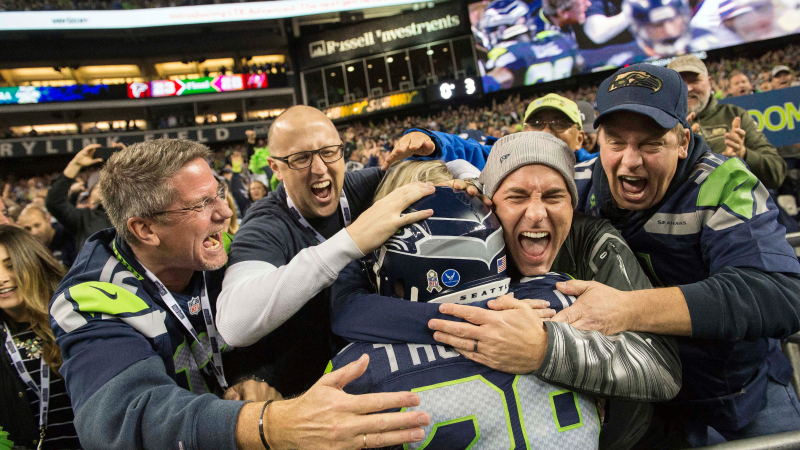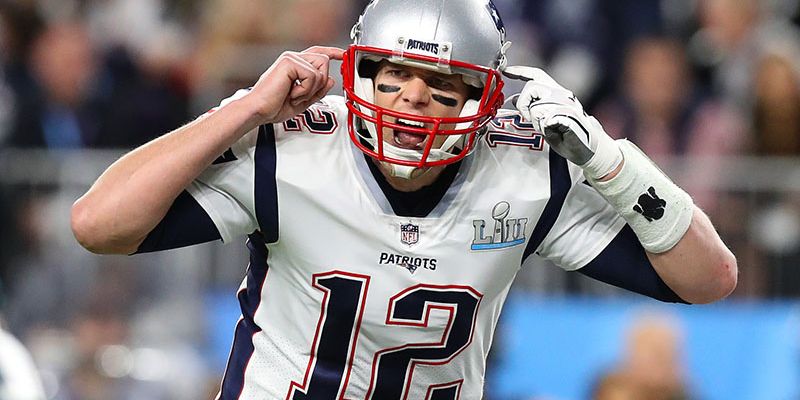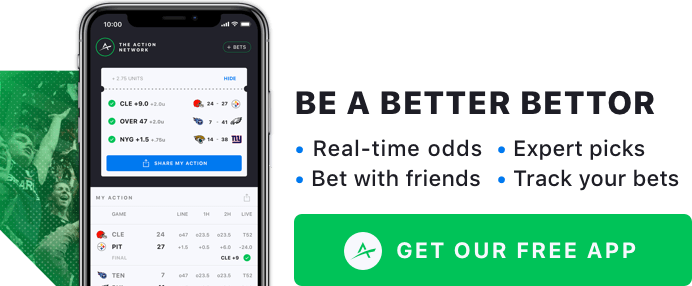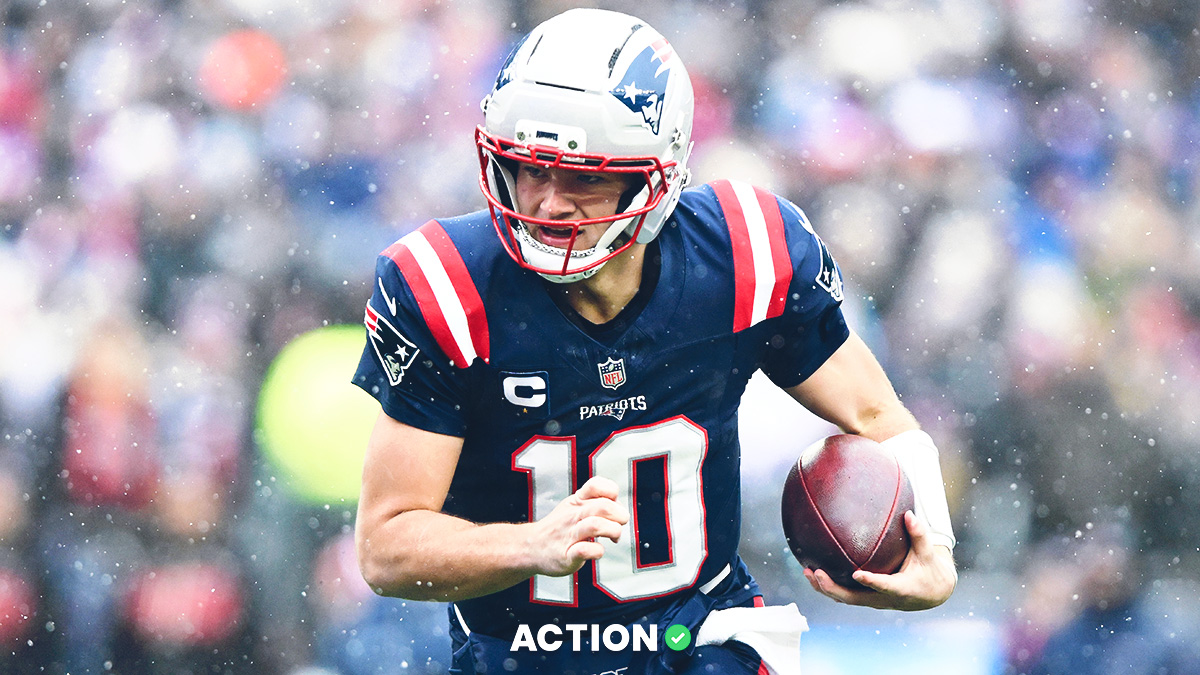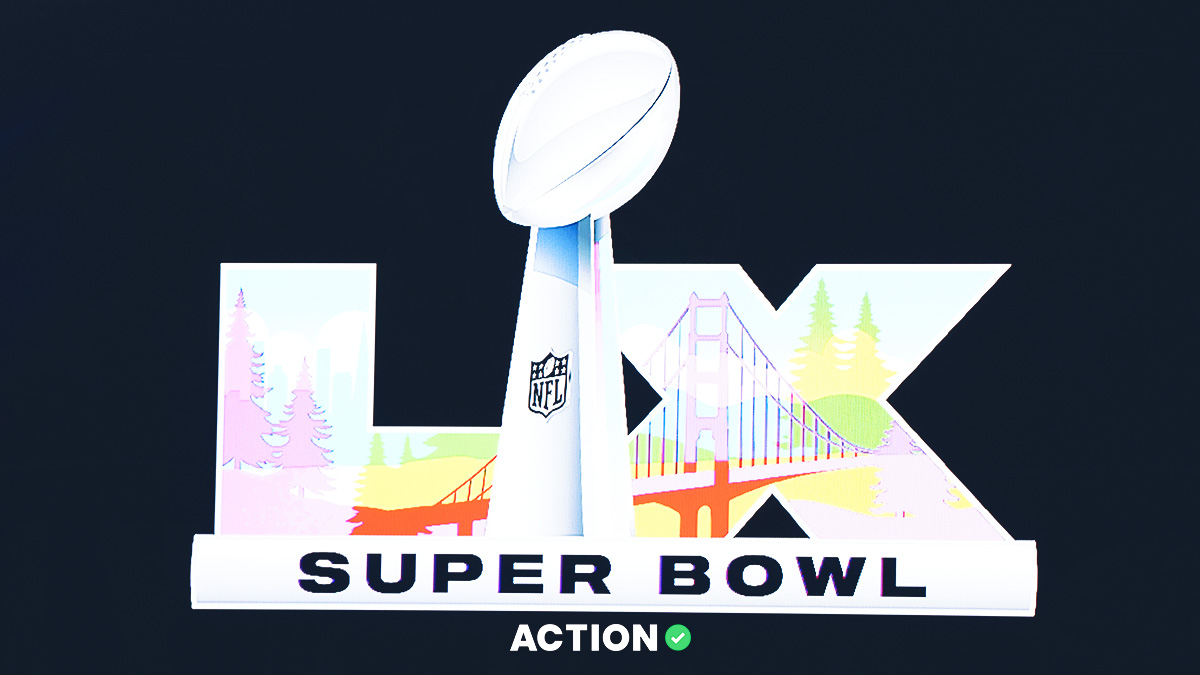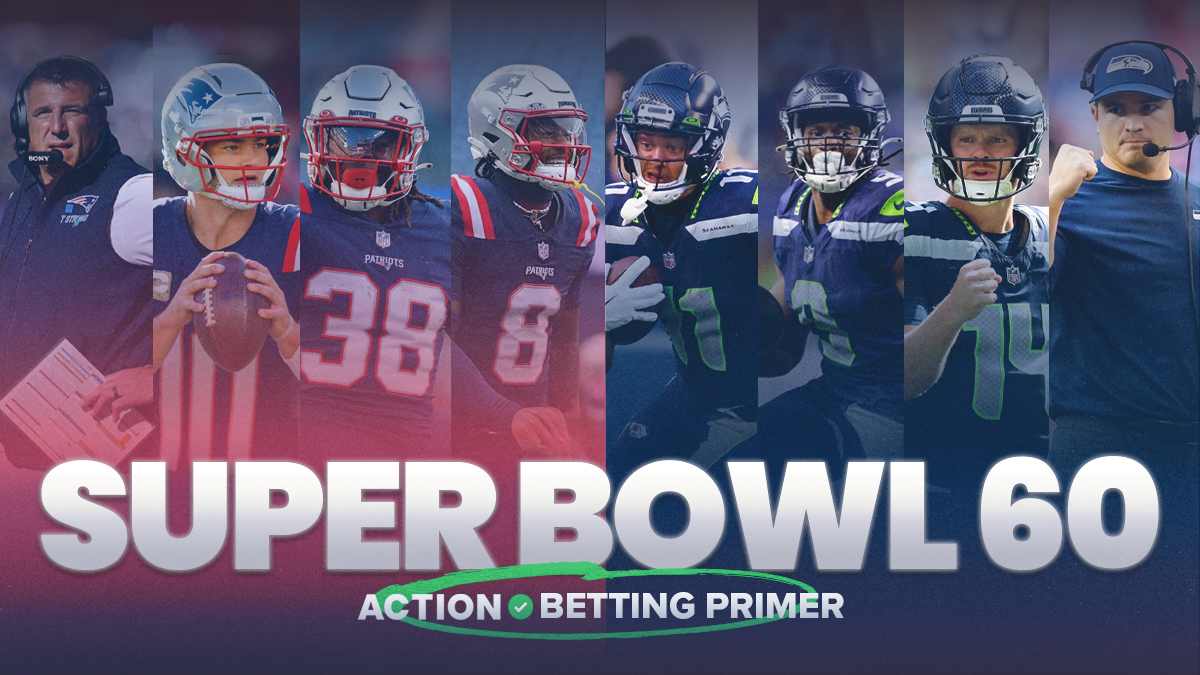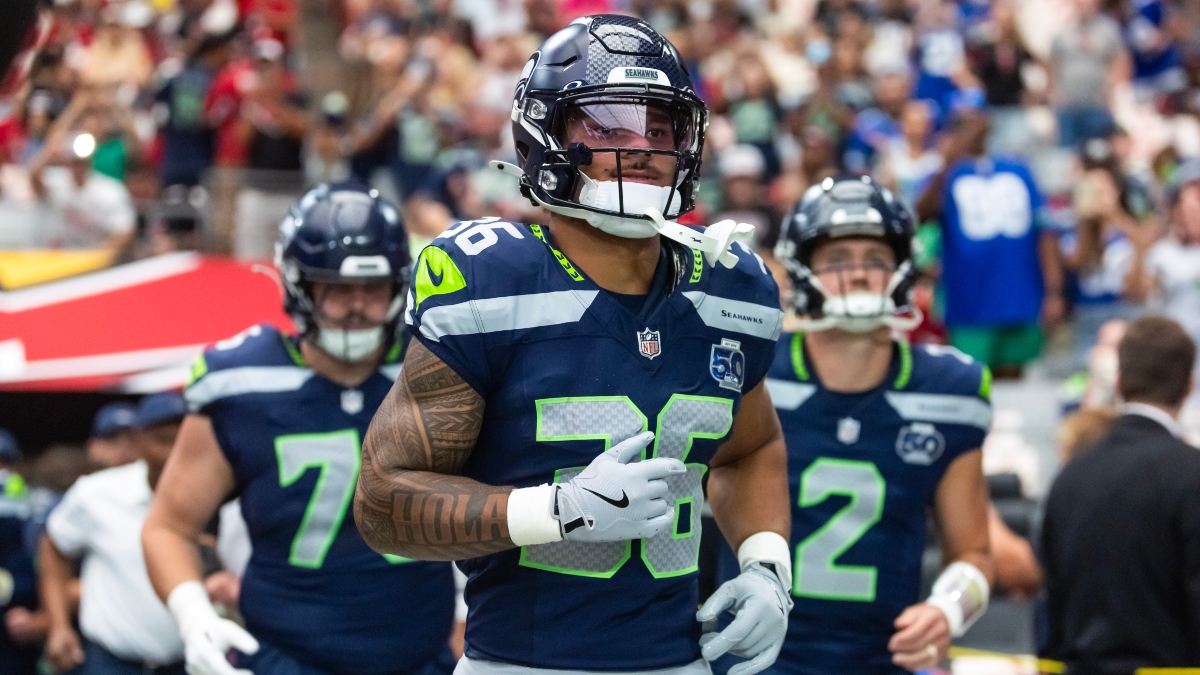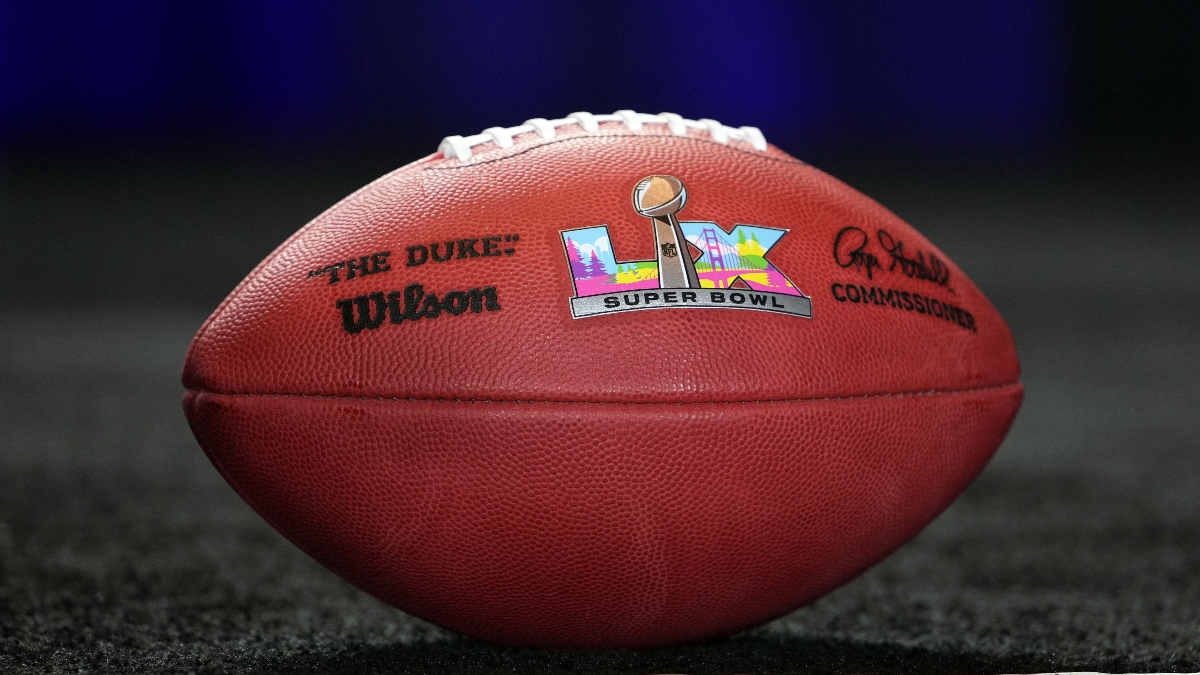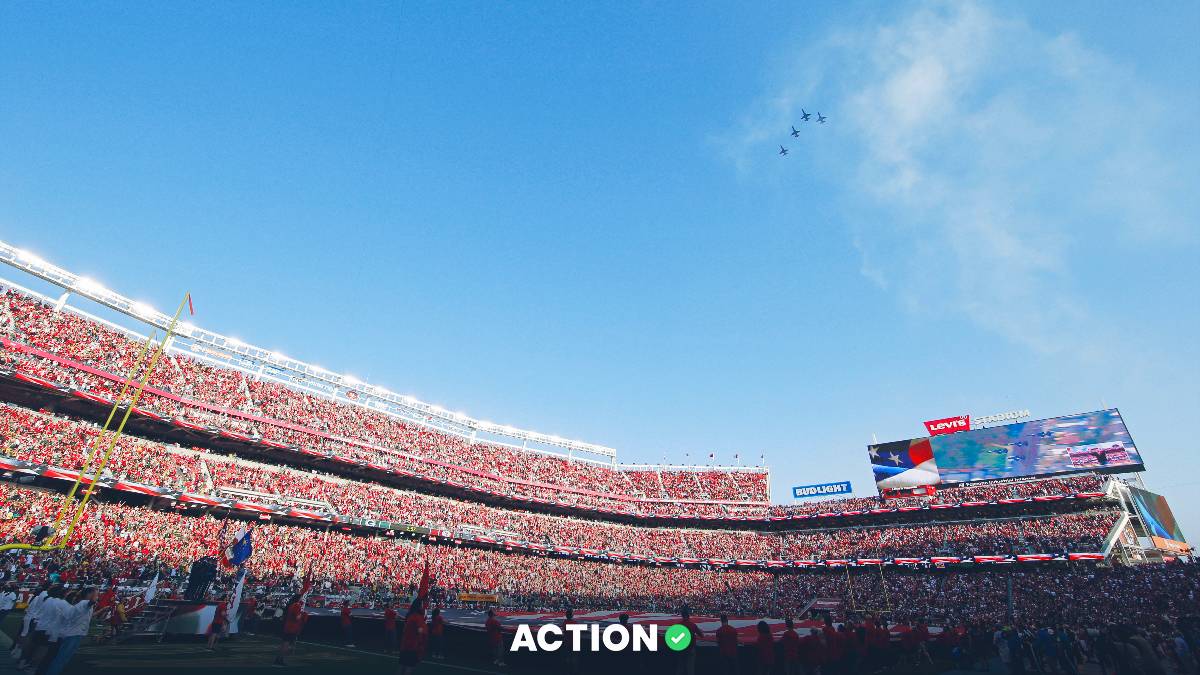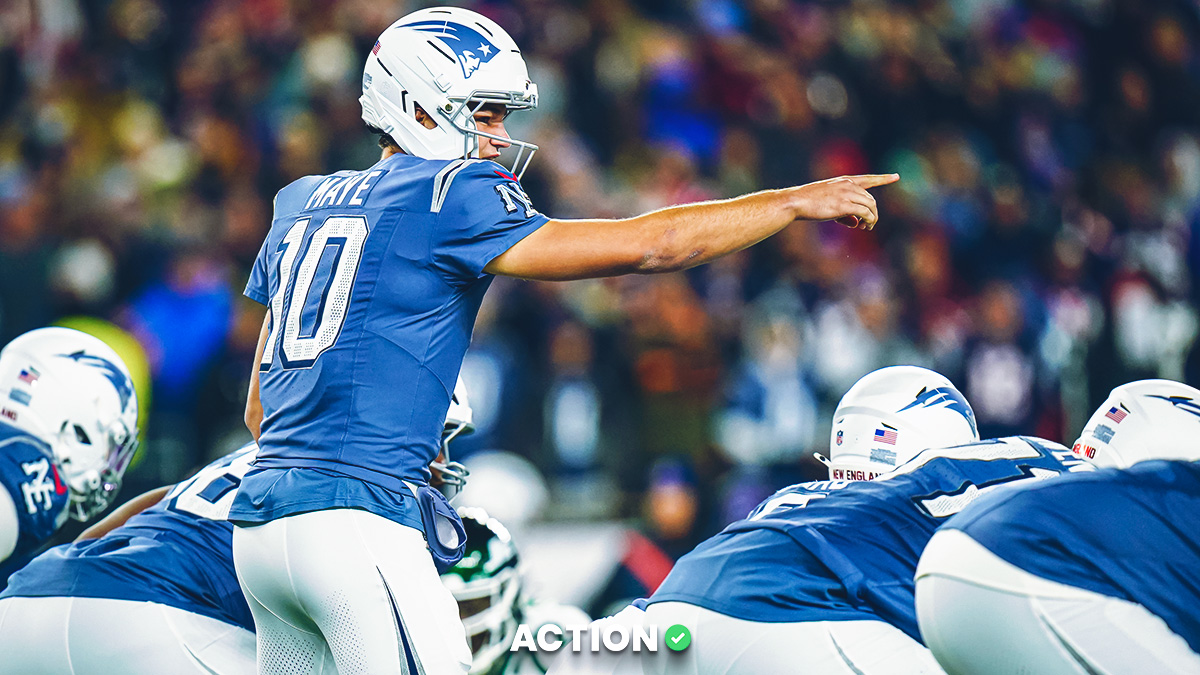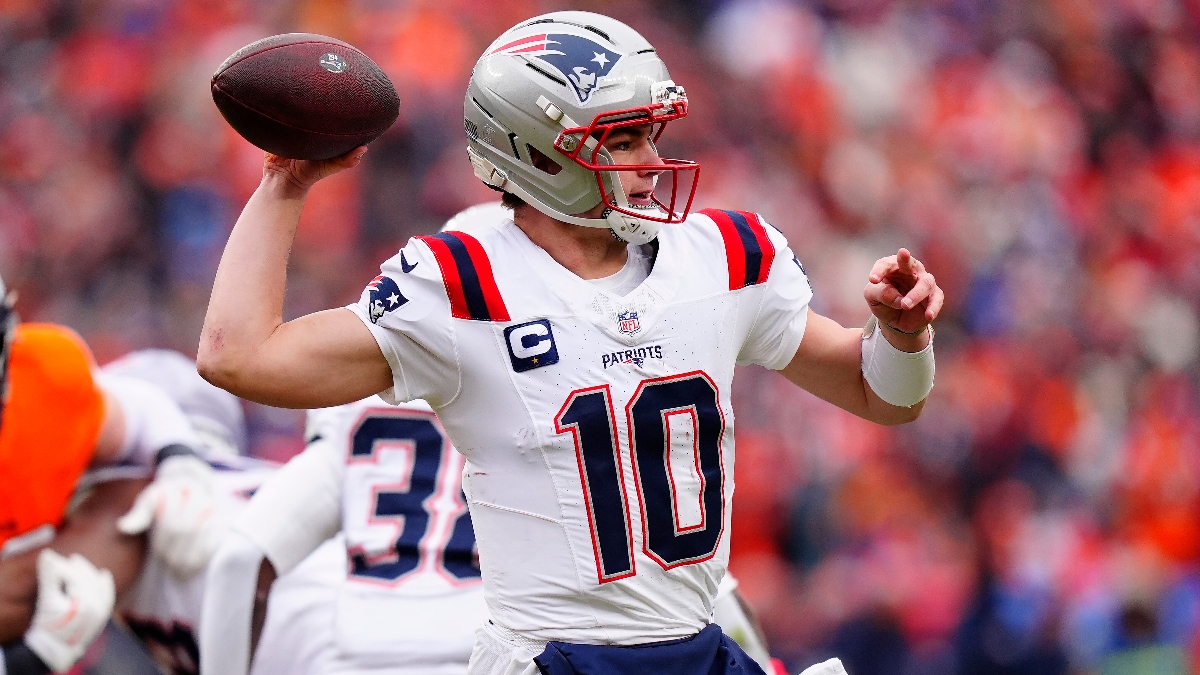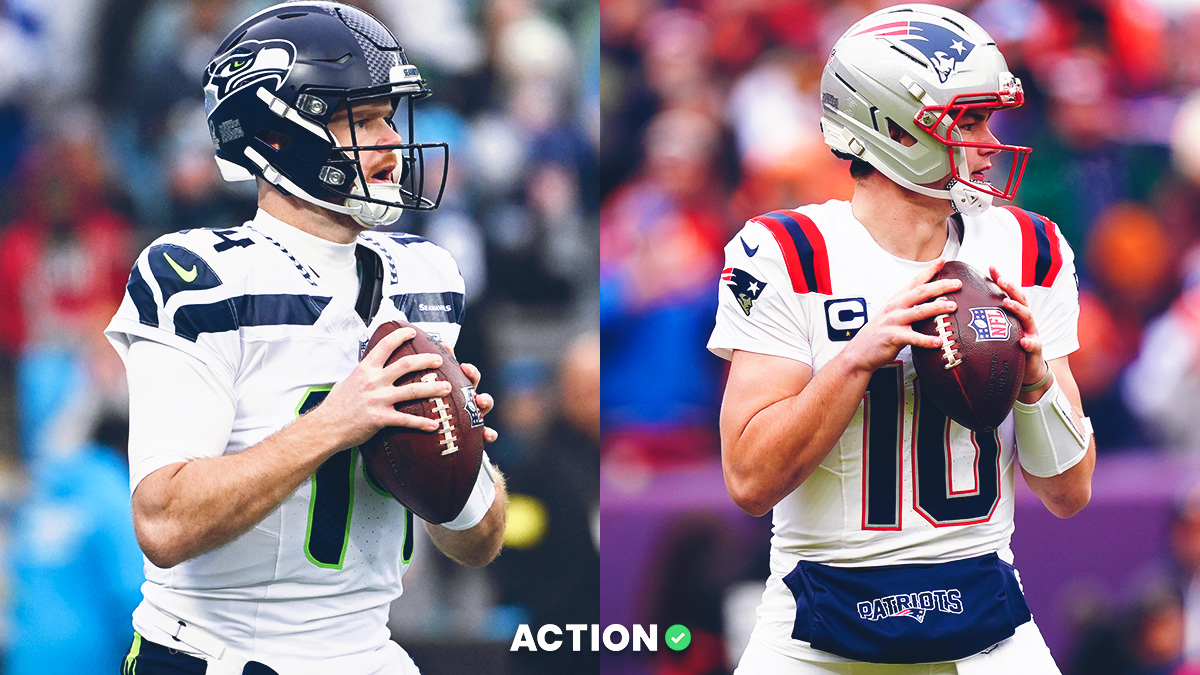- Home-field advantage is certainly real in the NFL, as home teams have won close to 60% of their games since 2005.
- Our database shows that the Patriots have been the most profitable team at home over that span.
- It also shows that home-field advantage, while important to winning games, is overvalued in the betting market.
NFL fans have a tendency to do this activity called "tailgating" before games. I'm not sure exactly how it works, but that somehow leads to them getting pretty rowdy, and as a result, NFL stadiums can be quite loud.
Since 2005, home-field advantage has prevailed 57.3% of the time in the NFL, so clearly those rowdy fans can have an effect on a game. As bettors, though, we aren't so concerned with the actual win/loss percentages. What we care about is how home teams perform against the spread (ATS).
According to The Action Network's NFL power ratings, home-field advantage is typically worth about 2.5/3 points to the spread. For example, if the Packers were five-point favorites over the Bears on a neutral site, they'd be listed around -8 at home.
With that, here are the best home teams against the spread since 2005.
Shocker. The team with both the best ATS quarterback and ATS coach is also the best home team against the spread. I would love to go into detail about just how great they are, but my guess is that you are not also a Pats fan, so I'll keep it to myself.
The Patriots being first on this list does raise an interesting point, however. Sure, they've won more than 20 units at home since 2003, but they've actually been even more profitable on the road over that span (+28.3u).
I promise I'm not trying to shove my Patriots fandom down your throat. What I'm getting at is that there's nothing about playing at home that makes the Pats especially profitable.
To locate the teams that truly benefit bettors by being at home, I've also put together a list that shows the difference between units won at home and on the road.
Maybe there really is something to that whole 12th Man thing? Over the past 15 seasons, the Seahawks have lost 15 units on the road, but have made each of those units back — plus a bit more — from their games in Seattle.
>> Sign up for The Action Network's daily newsletter to get the smartest NFL conversation delivered into your inbox each morning.
But the biggest eye-opener, to me at least, comes near the bottom of the list. What should be the best home-field advantage in the league — or at least the one that affects players the most — seems to have the opposite affect from a betting standpoint.
Despite their acclimation to the unique altitude in Denver, the Broncos have performed terribly against the spread at home.
Why? Because oddsmakers know that bettors will overvalue that piece of information when placing their bets. Despite the Broncos' horrible home ATS record, 60% of games in Denver have had at least half of all bets on the Broncos since 2003.
And one more thing you might have noticed: just like at the college level, the overall number of units lost at home seems to be significantly higher than those won.
The overall breakdown shows that home teams have lost 15 times more money than road teams have lost over the past 15 years.
The takeaway? Home-field advantage, while important to teams winning their games, is overvalued in the betting market. In other words, you shouldn't be betting on teams just because they're at home — I promise it won't work.


